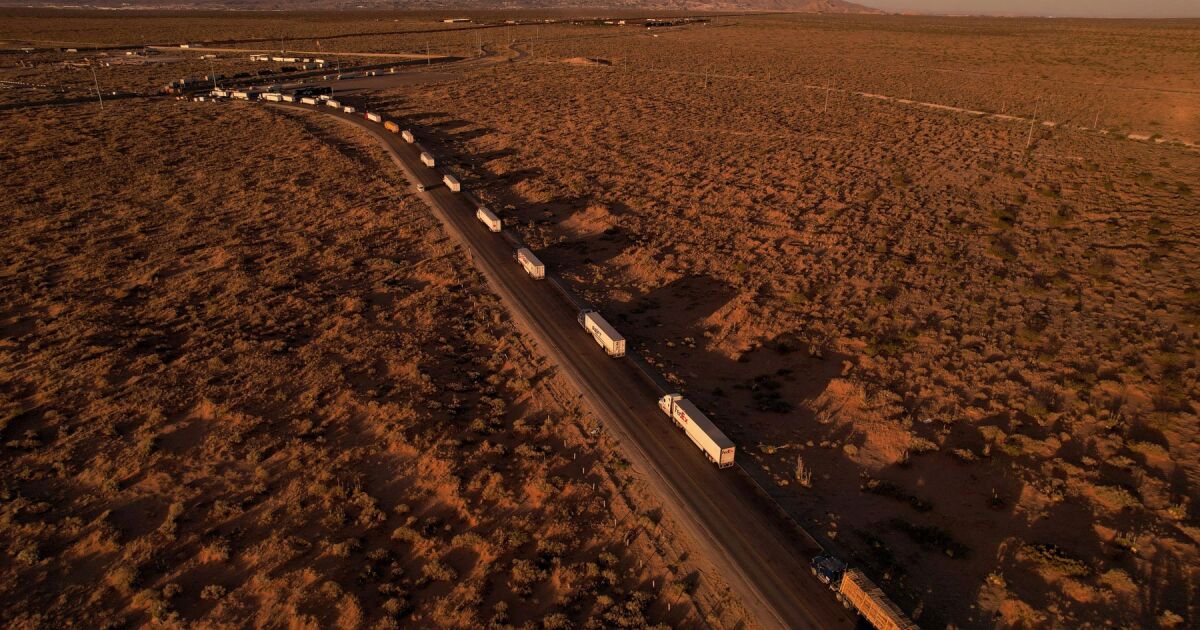In tradethe rating agency anticipates that the revision of the T-MEC may increase trade barriers, impacting Baja California, Coahuila, Chihuahua, Nuevo León and Tamaulipas, which export more to the United States.
“An increase in tariffs and stricter import policies could reduce the competitiveness of Mexican products in the US market, reduce tax revenues derived from economic activity and affect payroll tax collection,” explains Fitch.
On the side of Foreign Direct Investment (FDI) and nershoringpoints out that the political and economic uncertainty due to the arrival of Trump, possibly has a discouraging effect, for example in Baja California, Mexico City, Nuevo León and San Luis Potosí, which have attracted important investments from the neighboring country.
“They could see a reduction in new investment projects if Trump’s policies focus on repatriating manufacturing production to the United States. More restrictive fiscal and regulatory policies could also make investing in Mexico less attractive,” he says.
With regards to the remittanceshighlights that they are a primary source of income for Chiapas, Guerrero, Michoacán, Oaxaca and Zacatecas; On this issue, Trump’s stricter immigration policies can reduce the flow of remittances, affecting domestic consumption, families’ quality of life, and the financial stability of these regions.
The above would have an impact on the fiscal capacity of the states, increasing social spending due to the increase in demand for public services and social programs as a result of a greater deportation of Mexican migrants and new settlements due to a greater containment of the flow of migrants from Central America and other regions.

















